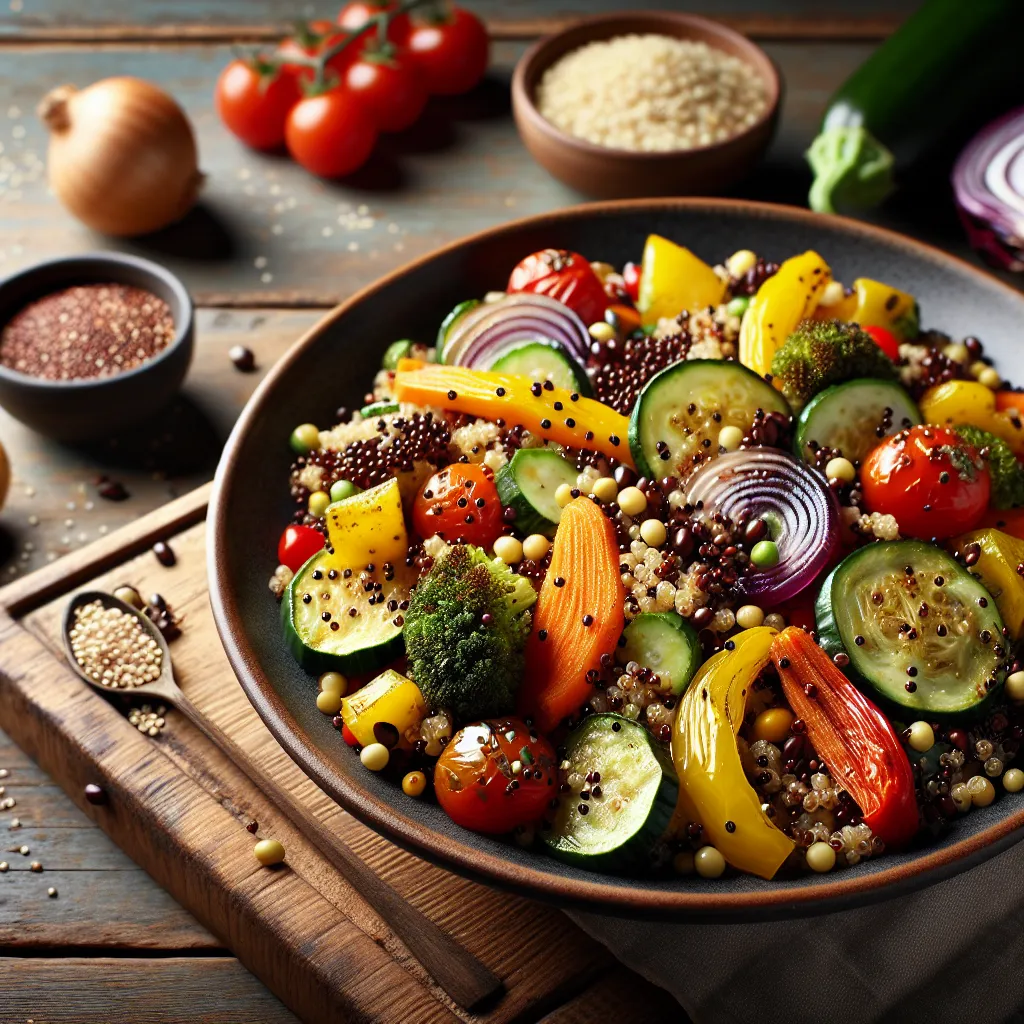The Rise of Plant-Based Meat: A Comprehensive Overview
As the demand for plant-based meat alternatives continues to surge, the market has witnessed the remarkable rise of plant-based meat products that offer a comprehensive range of options for consumers. From burgers and sausages to meatballs and nuggets, the world of plant-based meat has expanded exponentially in recent years. This rapid growth can be attributed to various factors, including concerns about animal welfare, environmental sustainability, and personal health.
Plant-based meat alternatives are typically crafted from a combination of protein sources such as soy, peas, lentils, and chickpeas, along with other ingredients like oils, seasonings, and binding agents. These products are designed to closely mimic the taste, texture, and appearance of conventional meat, providing a familiar culinary experience for consumers making the transition to plant-based diets. Additionally, advancements in food technology have enabled manufacturers to create plant-based meat products that boast impressive nutritional profiles, offering high protein content and minimal saturated fat.
Furthermore, the rise of plant-based meat has been fueled by a growing recognition of the environmental impact of traditional animal agriculture. With concerns about deforestation, greenhouse gas emissions, and water usage associated with livestock farming, many consumers are turning to plant-based meat as a more sustainable choice. The wide availability of these products in mainstream supermarkets and the endorsements from celebrities and athletes have also contributed to their burgeoning popularity.
As the plant-based meat industry continues to innovate and expand, it is evident that these products are not merely a passing trend, but a fundamental shift towards a more sustainable and healthier food system. With ongoing developments in taste, texture, and nutritional value, plant-based meat alternatives are poised to revolutionize the way we approach meat consumption and pave the way for a more sustainable and ethical global food industry.
Exploring the Health Benefits of Meatless Mains
Exploring the world of plant-based meat alternatives unveils a multitude of health benefits that come with incorporating meatless mains into your diet. Adopting a diet rich in plant-based meats is associated with numerous advantages for maintaining a healthier lifestyle. These alternatives are typically lower in saturated fats and cholesterol, making them a heart-healthy choice. Additionally, they are often high in fiber and packed with essential nutrients, such as vitamins, minerals, and antioxidants, which are beneficial for overall well-being.
Furthermore, plant-based meat alternatives are known to be gentler on the digestive system, making them an excellent option for individuals with sensitivities to animal products. Research suggests that reducing meat consumption in favor of plant-based alternatives can have a positive impact on weight management and may lower the risk of developing certain chronic conditions, including heart disease and type 2 diabetes.
Whether it’s lentil-based burgers, chickpea tacos, or mushroom stroganoff, the variety of meatless mains available makes it easier than ever to reap the health benefits of plant-based eating without sacrificing taste or texture. Embracing these alternatives can be a fulfilling and satisfying choice for those seeking a balanced and nutritious diet.
Diving into the World of Plant-Based Meat Alternatives
Diving into the World of Plant-Based Meat Alternatives
Plant-based meat alternatives have been gaining popularity in recent years as people become more conscious of their health, environmental impact, and animal welfare. These alternatives offer a wide variety of meatless mains that cater to different dietary needs and preferences.
One of the key aspects of exploring the world of plant-based meat alternatives is the diversity of options available. From soy-based products to pea protein, jackfruit, and tempeh, there is a wide range of choices for those looking to make the switch to a more plant-based diet. These alternatives not only provide a source of protein but also offer a similar taste and texture to traditional meat, making the transition easier for many people.
Moreover, diving into plant-based meat alternatives opens up opportunities to experiment with different flavors and cooking techniques. Whether it’s making a hearty lentil-based bolognese or grilling up some marinated portobello mushrooms, there is no shortage of creative and delicious meatless options to explore.
Another important aspect to consider is the health benefits associated with plant-based meat alternatives. These options are often lower in saturated fat and cholesterol while being rich in essential nutrients such as fiber, vitamins, and minerals. Choosing plant-based alternatives can contribute to a healthier lifestyle, reducing the risk of certain chronic diseases and promoting overall well-being.
In conclusion, diving into the world of plant-based meat alternatives offers a plethora of options for creating delicious and nutritious meatless mains. With the variety of choices available and the potential health benefits, more people are embracing these alternatives as part of their regular dietary habits, paving the way for a healthier and more sustainable future.




